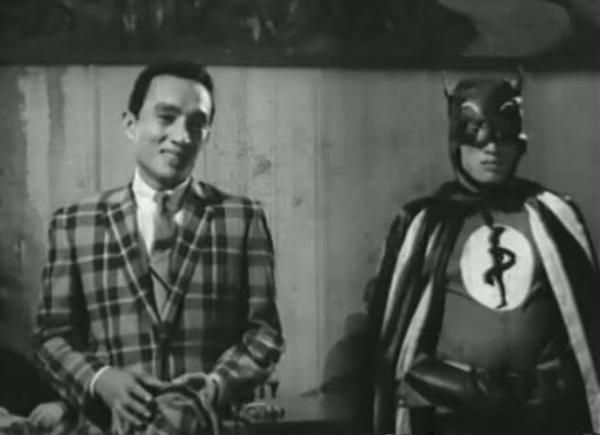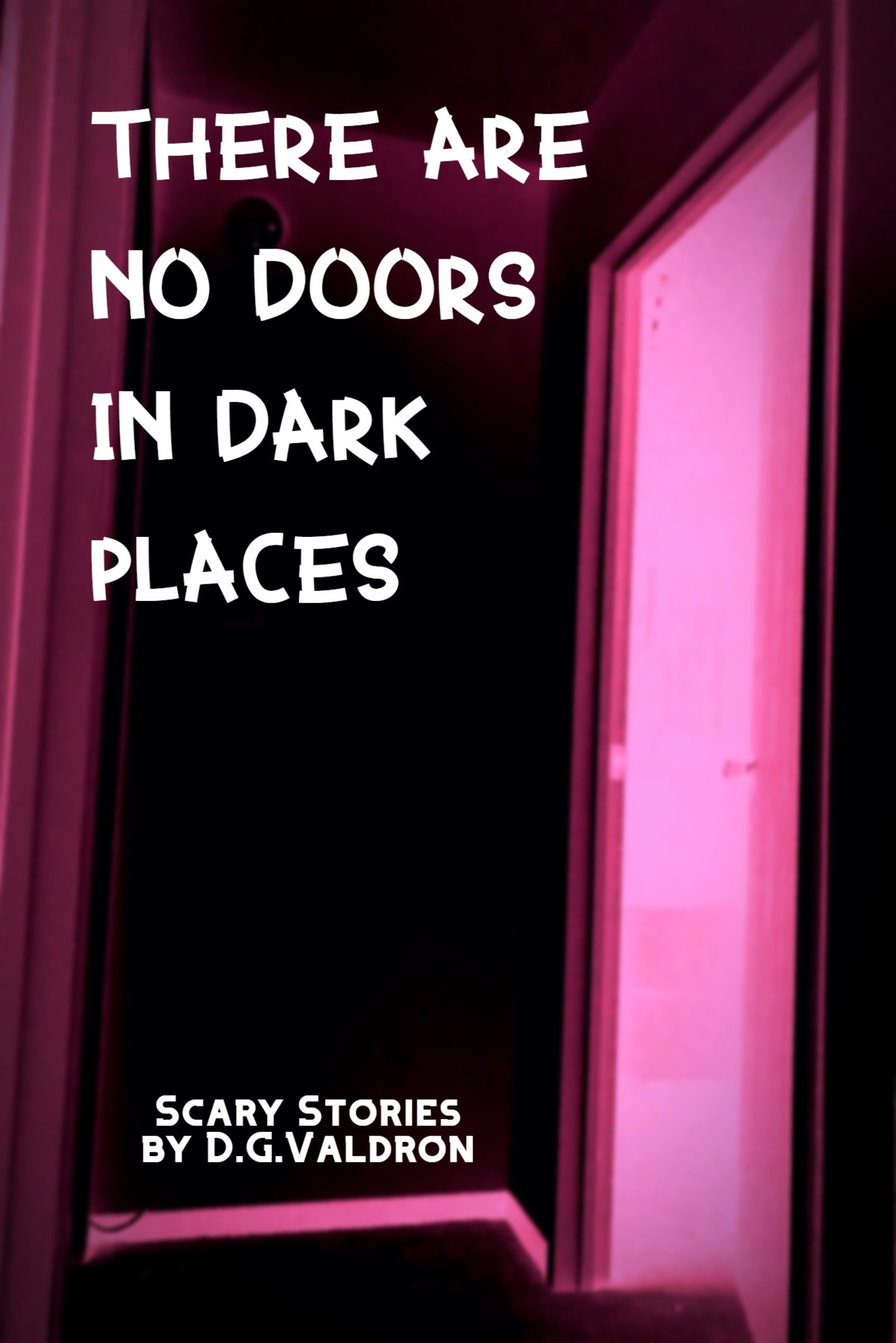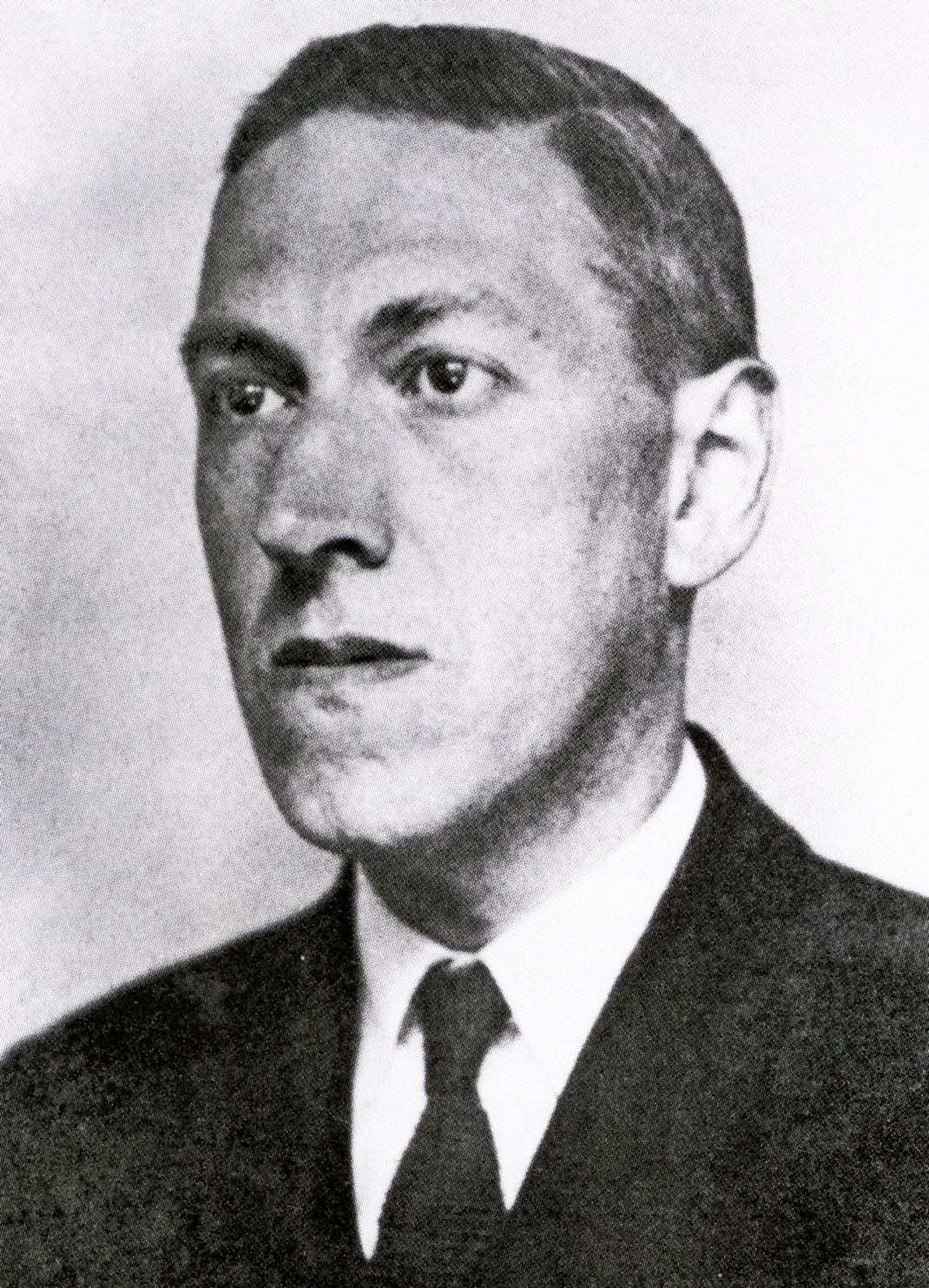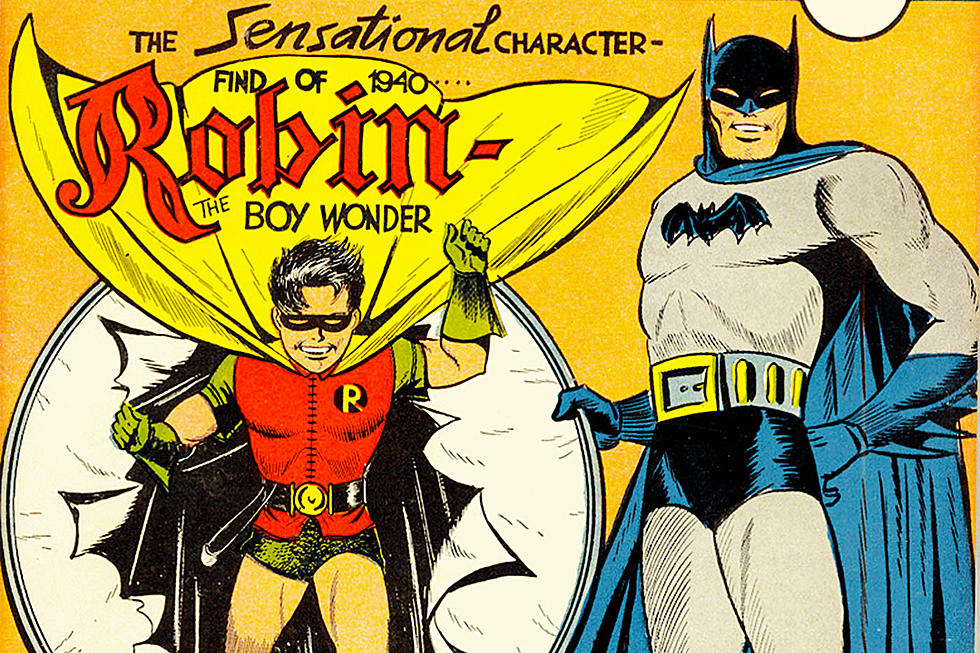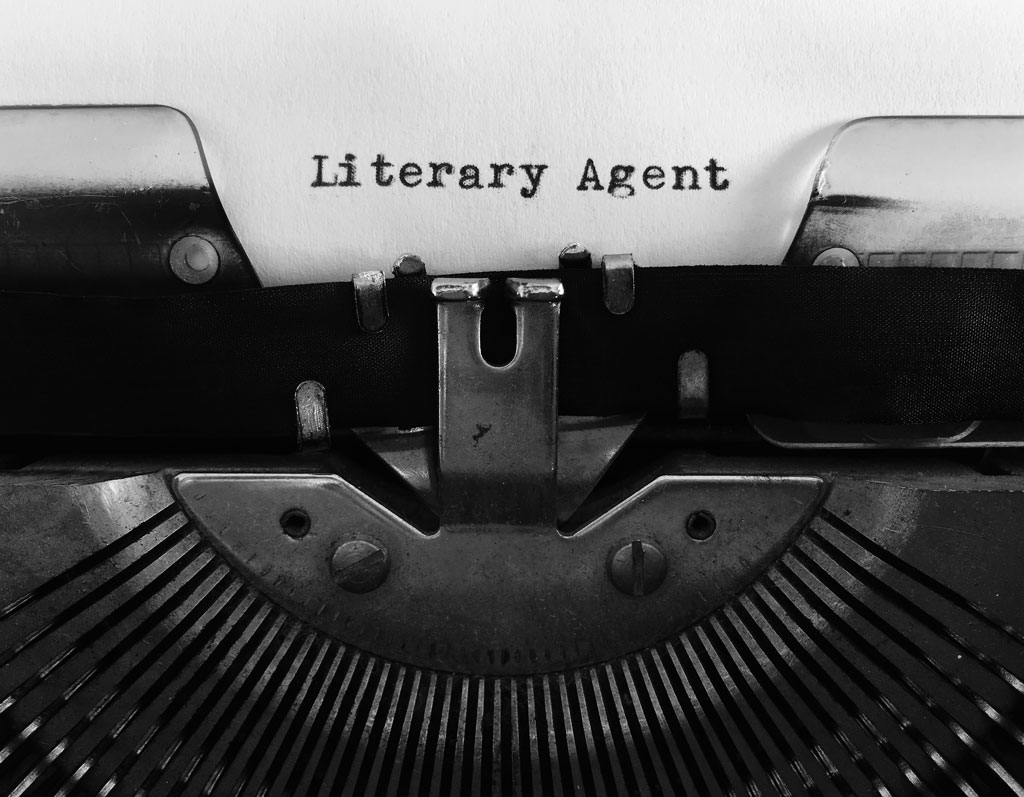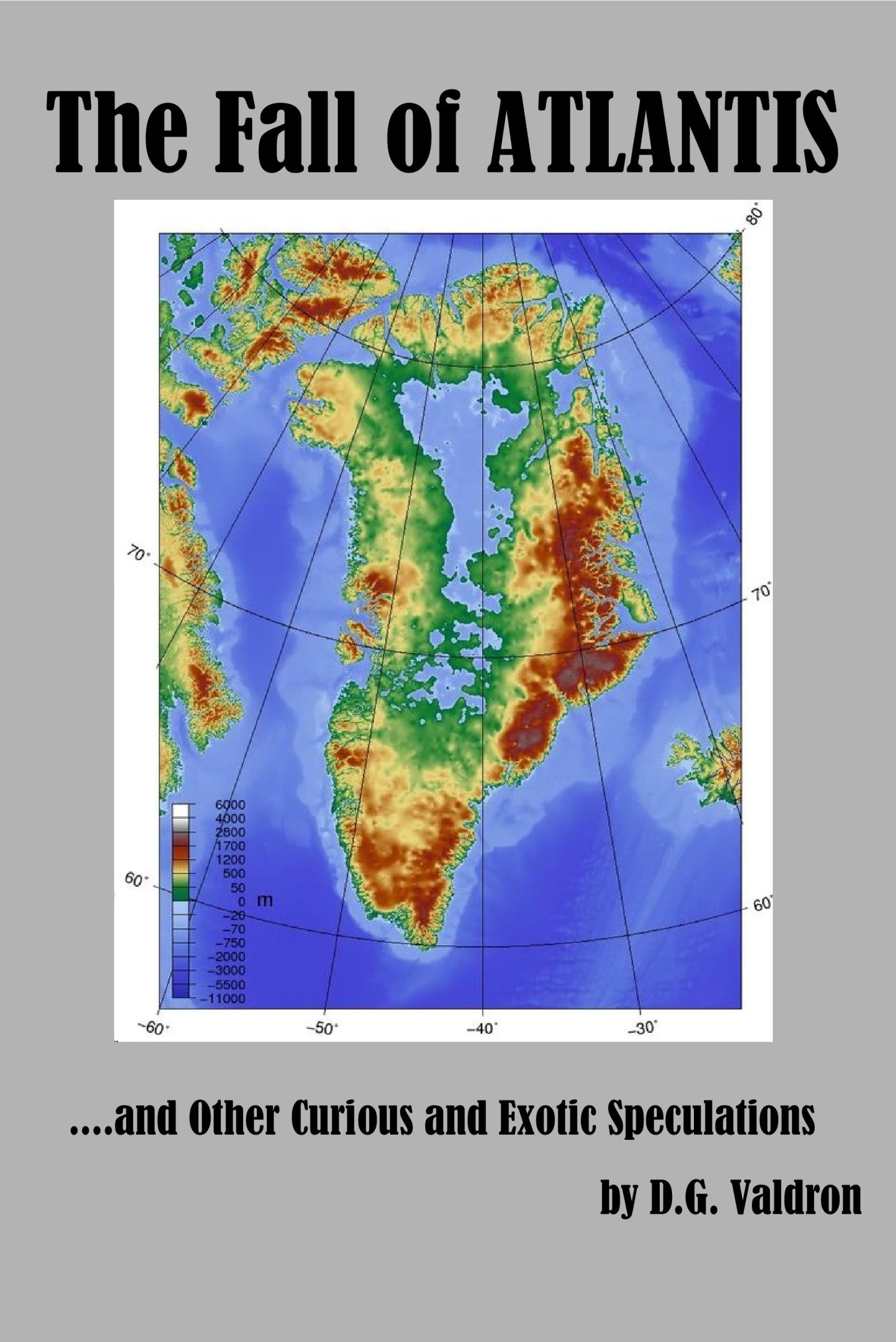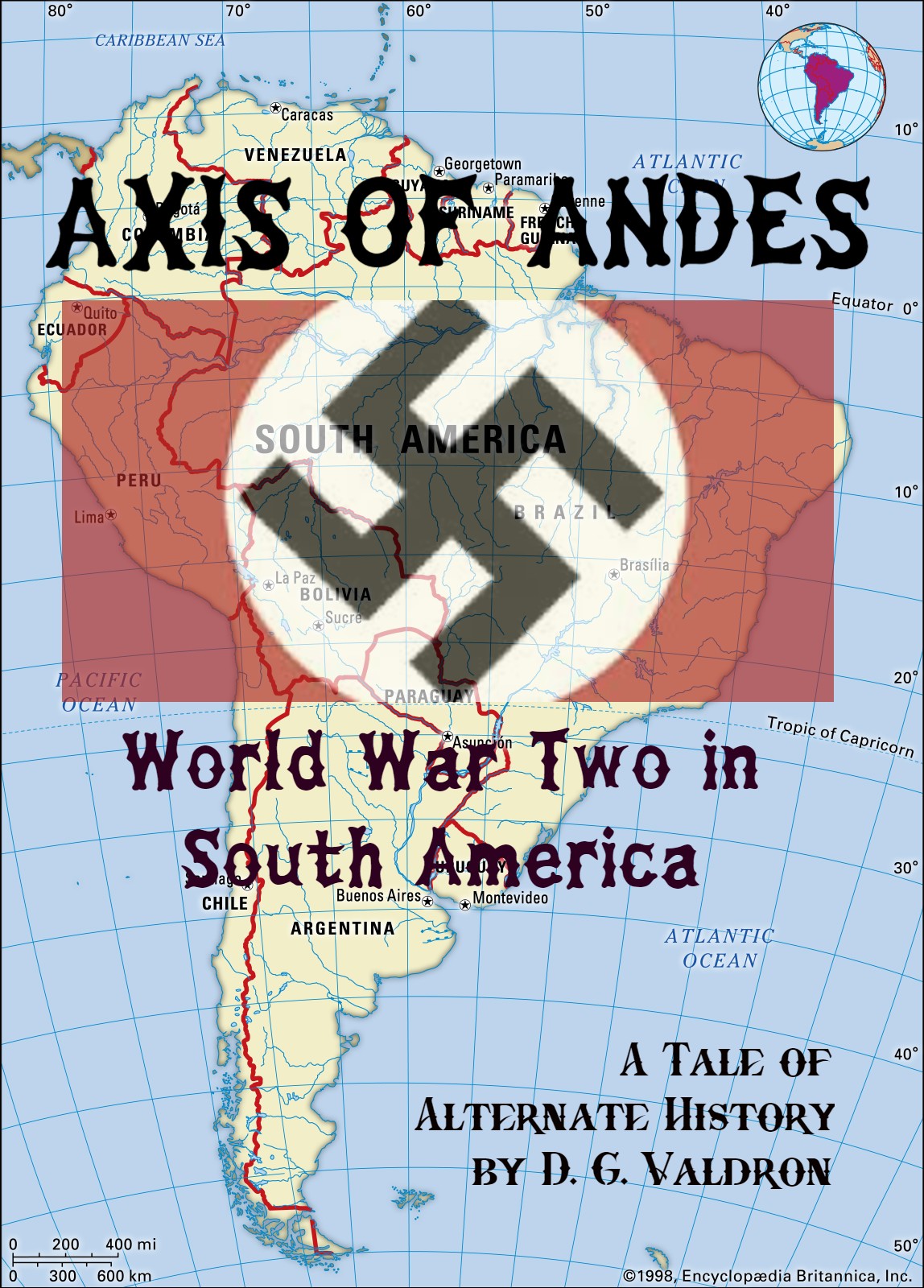So…. here I am looking for an Agent again. I’ve got Princess of Asylum. Bloodsucker has been submitted to a Tor Imprint. The Mermaid’s Tale’s rights have reverted back to me, and The Luck was contracted but never published. That’s four novels in play.
Might as well bite the bullet. What am I going to do? Write another novel? I’m actually working on two right now. Release another ebook? Four or five are done and in the pipeline. Seriously, time to suck it up, and go for it.
So…. Agents?
It was, and still is, a catch 22. To get an Agent you needed a book deal with a publisher. To get a book deal you needed an Agent. Round and round we go on the merry go round, no way on.
How do you find one? Well, back in the day, when I was first trying to break through, there were publications. SF Chronicle and Locus for the speculative fiction genre, there was Writers Digest Magazine, there was an Annual Directory of Publishers and Agents. I had subscriptions, I bought the Directories. It was all like reading tea leaves, it was all inscrutable and frustrating. Names of Agents who had sold novels to publishers, but they were names in a vacuum, phrases connecting here to there in emptiness. Even the Directories were frustrating, the Agents write ups, or interviews in magazines being maddeningly frustrating.
Back then, when research involved buying directories, combing through trade publications, searching for interviews and references, it was maddeningly vague.
You know what some writers did? They’d go through books checking the dedications and the acknowledgements, hoping to find the name of the writer’s agent.
“Special thanks to my Agent, Anonymous Blandy, without whose help this novel would never have seen publication.”
The theory being that if these were books that you really liked, which were written similarly to yours, then you could guess this agent might like your stuff. But what were you going to do, irritate the staff at Bookstores as you worked your way with pen and notepad through the Sci Fi section. Grab your own table at the library and stack em up? Or just go through your personal library? How many books did you read in a year? Twenty? Fifty? Or search through review for books you thought might be enough like your style and subject matter, then search out the books themselves, check if they’re complementary, then search out the author, and hopefully, get a lead on the author’s agent. Sometimes, the search for an Agent was this Rube Goldberg Odyssey.
Read more
